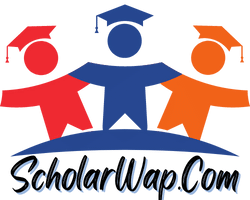The comparison of different computation models and expression formalisms is an important topic in many areas of theoretical computer science, including complexity theory, descriptive complexity, and automata theory. The main goal of this project is to make such comparisons across classes of functions naturally defined by automata, λ-calculus, and logical interpretations using 0(probability) techniques coming from the terminology of automata theory and linear logic. Will be.
Techniques include semantic evaluation, analysis of general forms in the λ-calculus, and a mixture of non-trivial automata-theoretic results. To get a flavor of both the goals and the methods used, one might consider the following:
This project will be a continuation of this effort. There are a number of concrete problems to solve that can serve as a good introduction to working in this setting, including:
- A comparison of univariate linear λ-calculus and expressiveness of first-order transducers
- Designing minimalistic typed programming languages that can be achieved in linear λ-calculus with church encodings in the spirit of Bojańczyk’s work on poly regular functions, but for comparison-free poly regular functions.
- A similar comparison for transducers on infinite structures and functions using the encoding of λ-definable exponential data types.
- Testing whether the expression differs if we allow the full power of classical linear logic instead of a piece of intuition
- This may be followed by investigations of more difficult problems in the same area or broader concerns specific to one of the domains involved (such as investigations into defining well-behaved classes of tree transport). (includes or more specialized topics in linear logic such as weak metaphors or quantifications compared to linear types).
- Although a background in mathematical logic or theoretical computer science would be desirable, a successful applicant would certainly not be expected to be familiar with all of the above tools before starting.
Eligibility
Candidates must normally hold an undergraduate degree at 2.1 level in Computer Science, Mathematics or a closely related discipline, or an appropriate master’s degree with a minimum overall grade at ‘Merit’ (or Non-UK equivalent as defined by Swansea University).
Duolingo English Test
Certify your English proficiency with the Duolingo English Test! The DET is a convenient, fast, and affordable online English test accepted by over 4,000 universities around the world.
Take A Free Practice Test!
Benefits
This scholarship covers the full cost of tuition fees and an annual stipend of £17,668.
Additional research expenses will also be available.
Application
Please visit our website for more information.

Leave a Reply